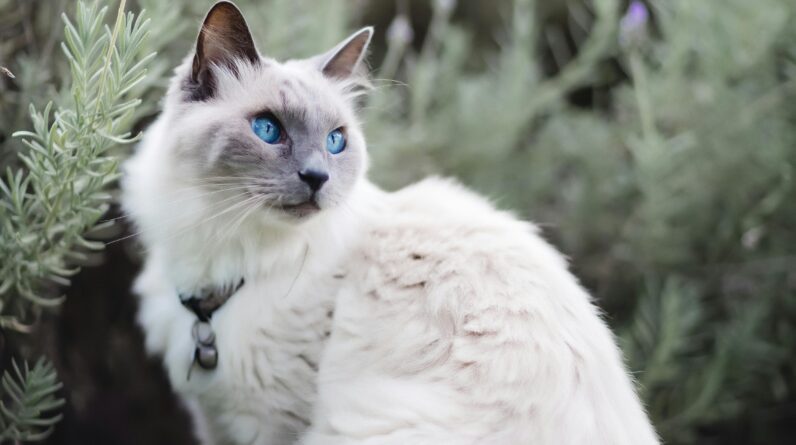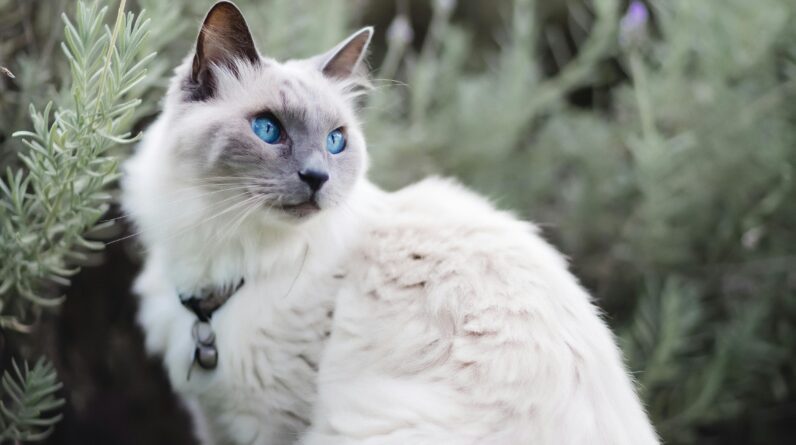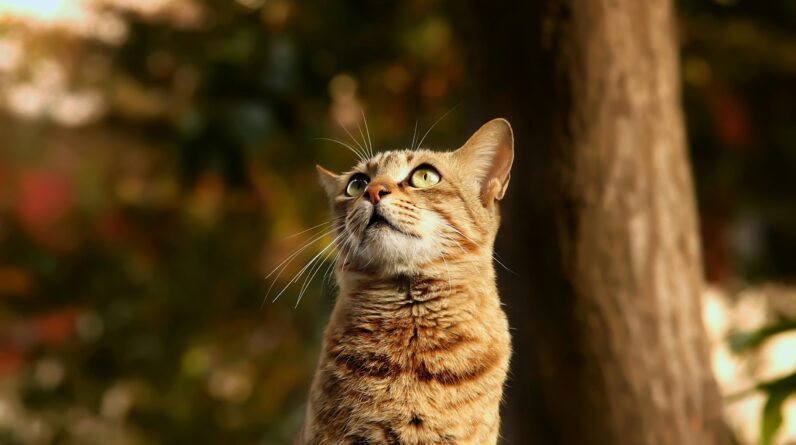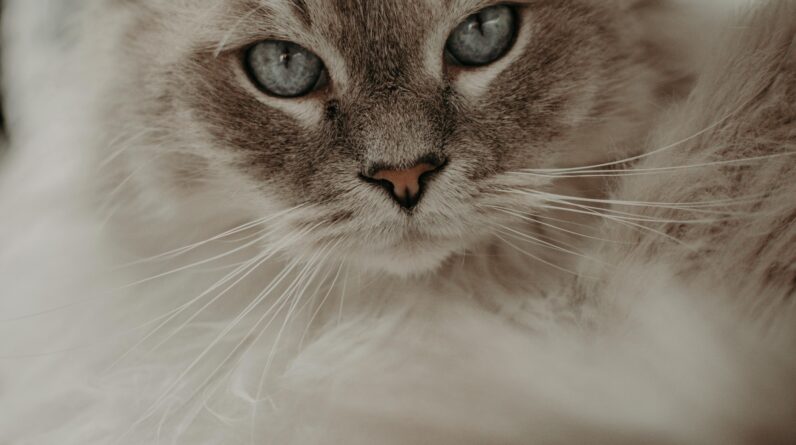
Are you looking to expand your family with a furry friend? Choosing a cat that gets along with babies is crucial. Cats can bring joy, comfort, and endless entertainment to your home.
Certain breeds are known for their gentle and loving nature. These felines are more likely to adapt well around babies. It’s important to consider temperament, activity level, and grooming needs.
As we explore these breeds, you’ll discover which one suits your family best. From playful kittens to laid-back adults, there’s a perfect match waiting for you.
And remember! Did you know vet visits for your ginger pal can cost up to $80, and emergencies can hit thousands? 😮 But worry not! Pet insurance has got your back. For a tiny cost, avoid huge bills and keep your kitty healthy. Click here for peace of mind and endless purrs.
Qualities of Baby-Friendly Cats
When choosing a cat to live with babies, you need to consider specific qualities. These traits ensure that the cat is safe and gentle around your little one.
Calm temperament: Cats with a calm disposition are less likely to react aggressively. They can handle the unpredictable behavior of babies better.
Affectionate nature: Felines that enjoy cuddling and being held provide comfort and warmth. They thrive in environments where they receive plenty of love.
- *Patience*: Baby-friendly cats are patient, tolerating curious hands and occasional tail tugs.
- *Playfulness*: While not overly active, they engage in gentle play without becoming too rough.
These qualities make certain cats ideal companions for homes with babies. Selecting the right breed ensures harmony between your baby and your furry friend. Stay tuned as we dive into specific breeds known for these wonderful traits!
Ragdoll Cats: Gentle Giants
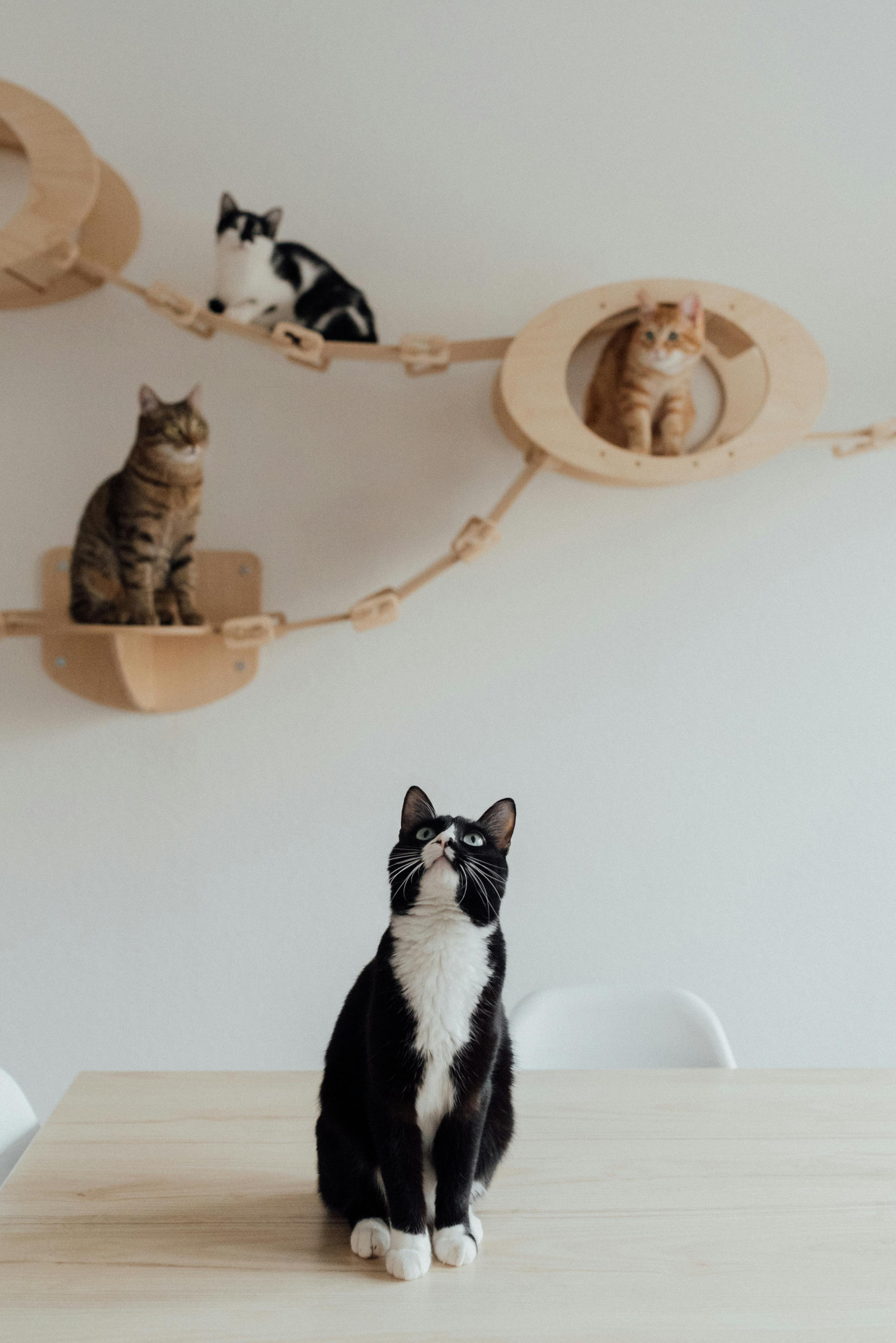

Ragdoll cats are often dubbed gentle giants due to their large size and sweet nature. They are known for their striking blue eyes and plush coats, making them a favorite among cat lovers.
Their calm demeanor is one of their most appealing traits. Ragdolls are incredibly patient and rarely show aggression, which makes them perfect for households with babies.
- *Affectionate*: These kitties love human interaction and will often follow you around the house.
- *Playful yet gentle*: Ragdolls enjoy playtime but know how to keep it soft, avoiding rough behavior.
Moreover, these cats have a unique tendency to go limp when picked up, hence the name “Ragdoll.” This trait can be especially comforting to babies who might not yet understand how to handle pets gently. With these qualities combined, Ragdolls become exceptional companions for young families.
Maine Coons: Patient and Playful
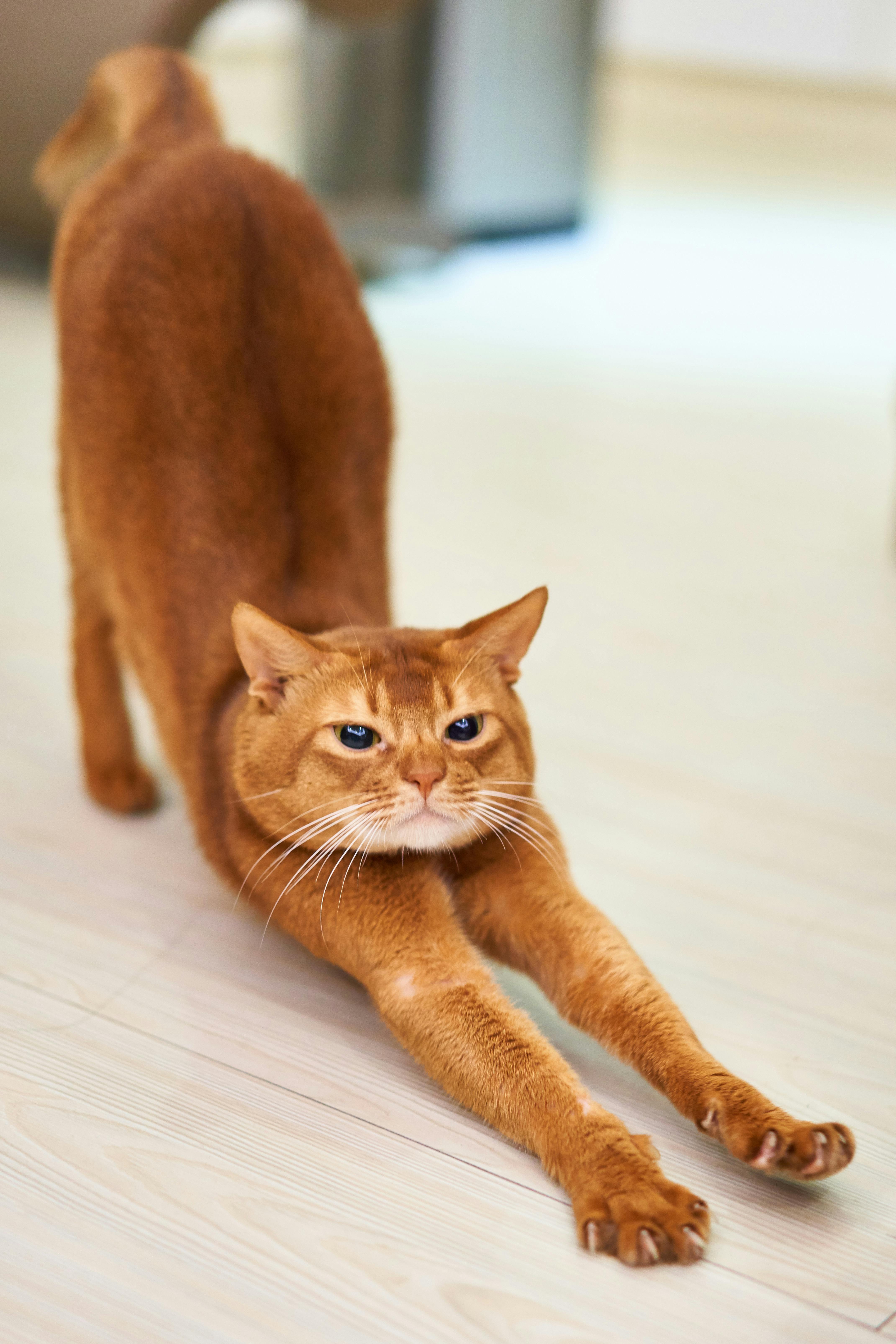

Maine Coons are known for their patience and playfulness, making them great companions for babies. These majestic felines often weigh between 10 to 25 pounds, but their gentle nature stands out even more.
Maine Coons are incredibly patient cats. They rarely get annoyed and have a high tolerance level, which is essential when living with curious little ones.
- *Friendly*: Maine Coons love being around people and quickly form strong bonds with family members.
- *Playful*: Despite their size, these cats enjoy interactive playtime and engaging activities that can keep both the cat and the baby entertained.
Additionally, Maine Coons have a soft voice that they use to communicate gently. This makes them less likely to startle babies with loud meows or sudden noises. Their playful yet calm demeanor helps create a harmonious environment where your baby can safely interact with their furry friend.
British Shorthairs: Calm Companions
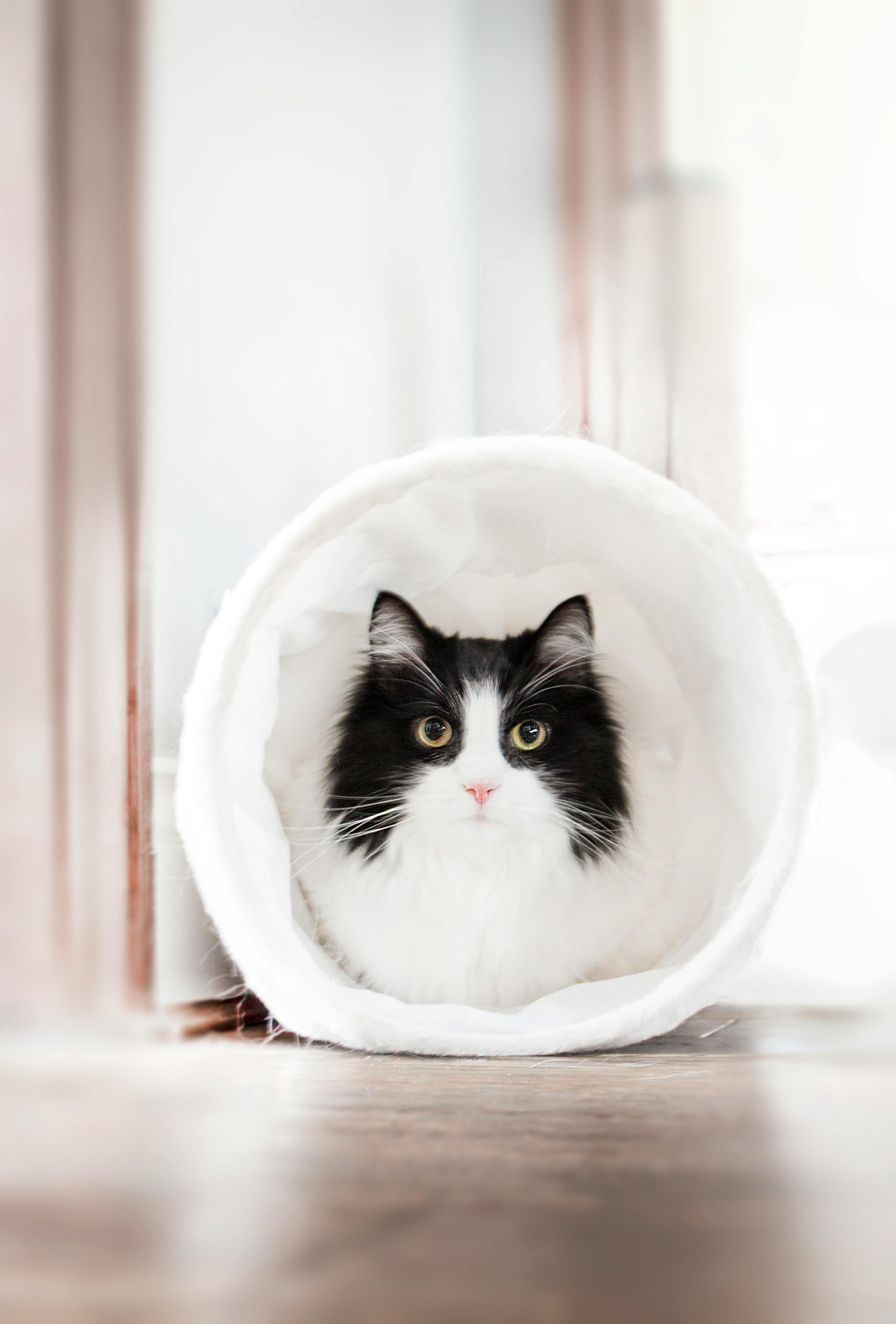

British Shorthairs are well-known for being calm and composed, making them ideal companions for babies. These round-faced beauties with plush fur have a temperament that suits a peaceful household.
One of the standout traits of British Shorthairs is their gentle nature. They rarely get ruffled and are usually very patient, which is great when you have an inquisitive baby at home.
- *Calm*: British Shorthairs prefer lounging around and watching the world go by. They aren’t easily startled or disturbed and can adapt to the noise levels and activities in your home.
- *Affectionate*: Though they may seem reserved at first, these kitties love to be near their human families. They enjoy quiet moments of bonding without demanding constant attention.
Their laid-back attitude helps create a safe environment where both your baby and furry friend can coexist peacefully. With their gentle demeanor, British Shorthairs provide comfort and companionship without overwhelming the household with too much energy or excitement.
Tips for Introducing Cats to Babies
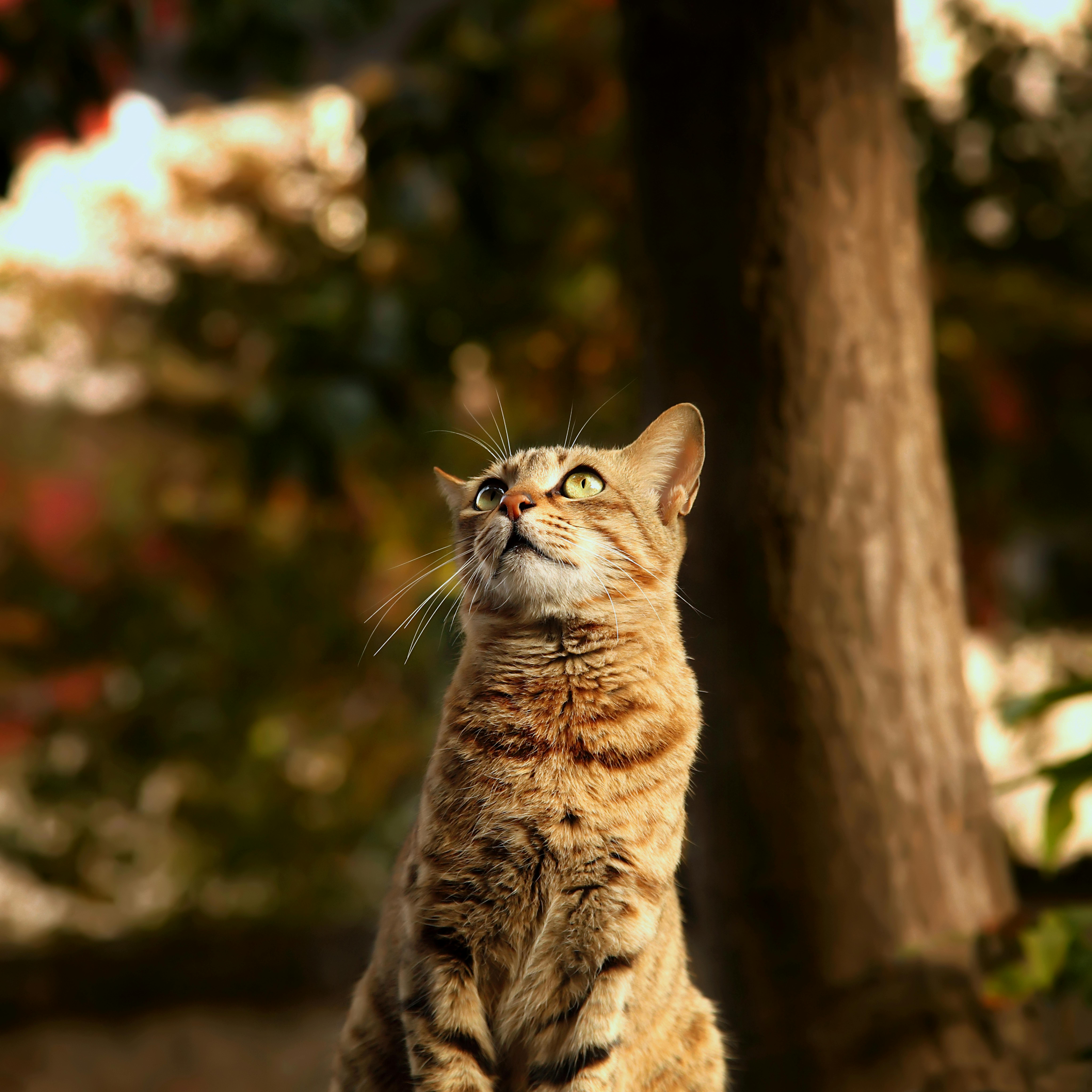

Introducing cats to babies requires patience, but it can be a rewarding experience. Here are some tips to make the transition smooth and stress-free.
- Prepare your cat: Before the baby arrives, gradually introduce new sounds and smells. Play recordings of baby noises and use baby lotion or powder on your hands.
- Create safe spaces: Ensure your cat has quiet spots where they can retreat if they feel overwhelmed. This helps them feel secure amidst any changes in their environment.
- Supervised interactions: Never leave your cat alone with the baby initially. Allow brief, supervised visits so both can get used to each other’s presence without risk.
Your calm demeanor will help both parties adjust better during these introductions. Always reward positive behavior with treats or affection for reinforcement.
This process might take time, but it’s worth it for a harmonious household! Did you know vet visits for your ginger pal can cost up to $80, and emergencies can hit thousands? 😮 But worry not! Pet insurance has got your back. For a tiny cost, avoid huge bills and keep your kitty healthy. Click here for peace of mind and endless purrs!


